Section 6
The Johnson Administration
By Boundless
Following Kennedy's assassination in 1963, Lyndon B. Johnson acceded to office and served as president from 1963 to 1969.

The Great Society was a series of domestic programs promoted by President Lyndon B. Johnson and Democrats in Congress between 1963-1969.
President Johnson's Great Society made improvements to elementary, secondary, and higher education through a series of acts.
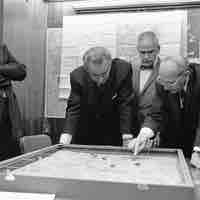
Lyndon B. Johnson, committed to preventing the expansion of communism, increased U.S. involvement in the war in Vietnam.
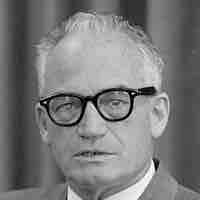
Incumbent President Lyndon Johnson won the 1964 presidential election with 61% of the popular vote.
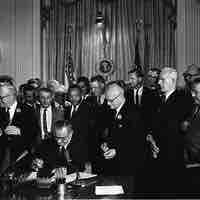
The Civil Rights Act of 1964 and the Voting Rights Act of 1965 were landmark pieces of legislation that addressed major forms of discrimination.
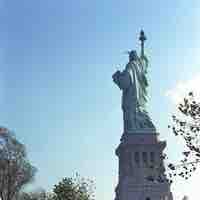
The Immigration and Nationality Act of 1965 changed national immigration regulations to a model based on skills and family relationships.

To prevent the spread of communism, the Johnson Administration supported coup d'états in Brazil and the Dominican Republic.
Public support for the Vietnam War declined dramatically in the late 1960s in the U.S., with protests and domestic activism growing steadily.
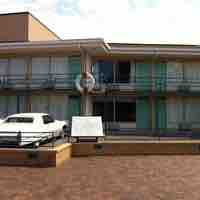
1968 was characterized by political and social upheaval in the United States and increased difficulties in Vietnam.